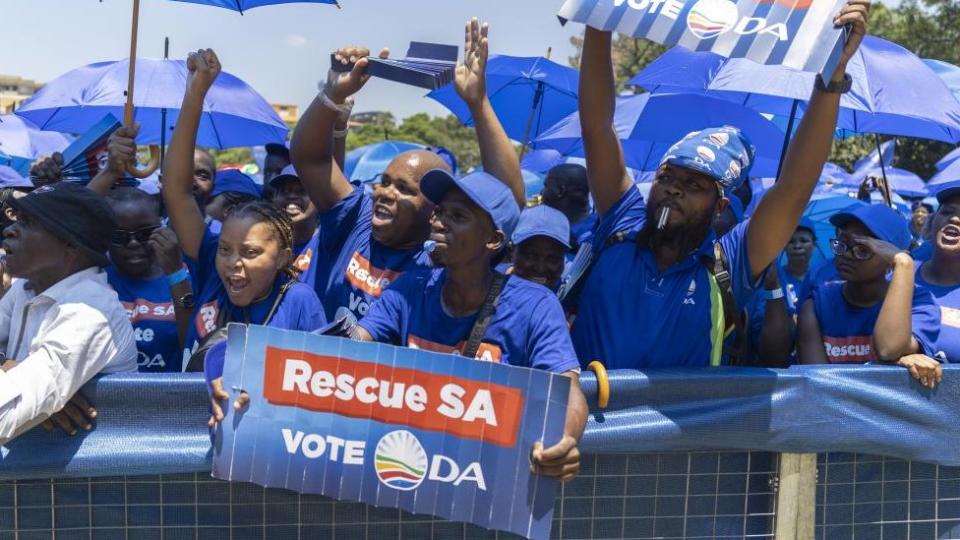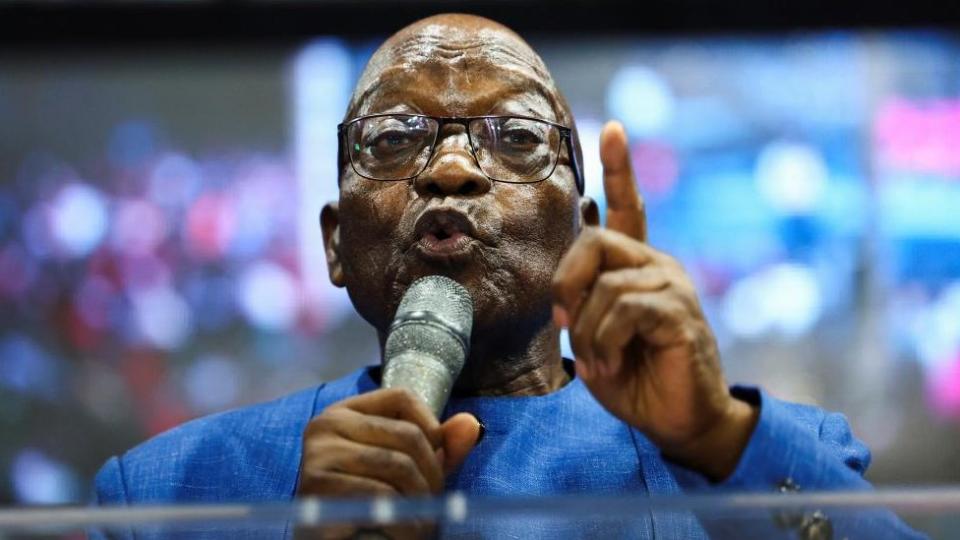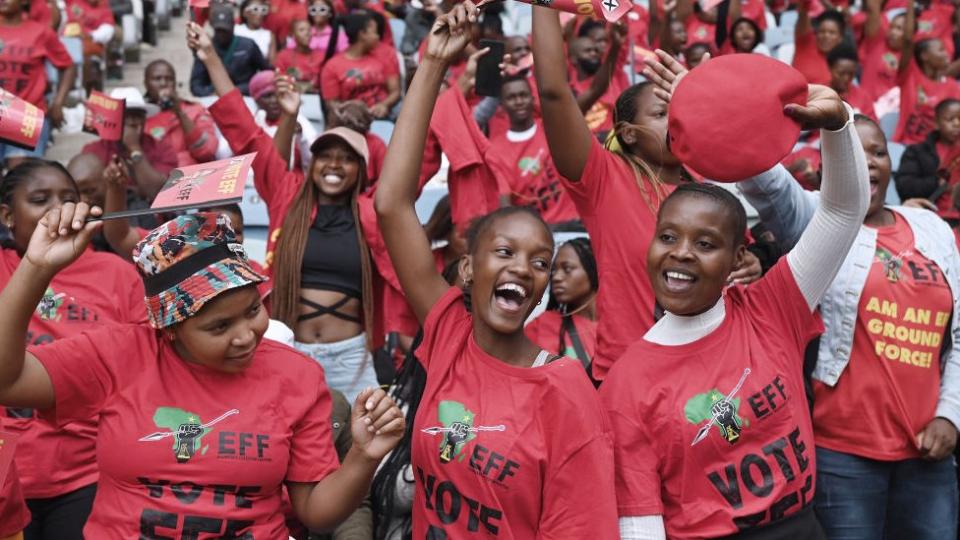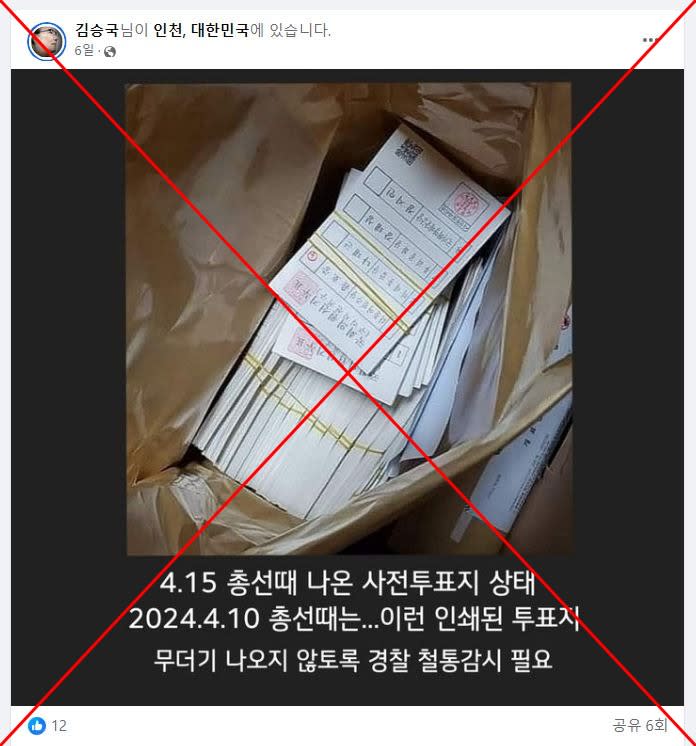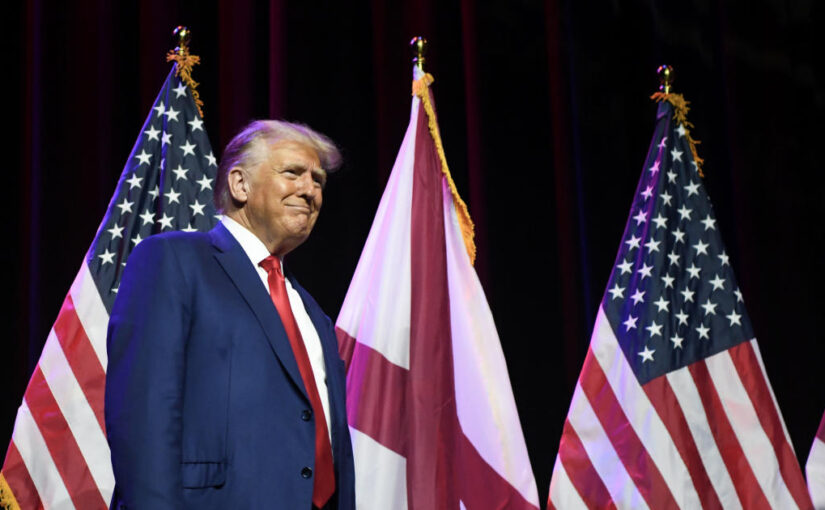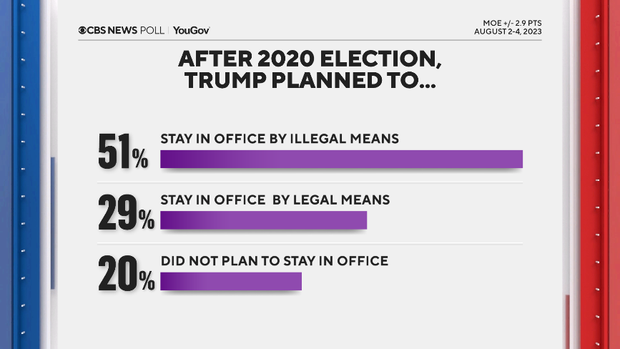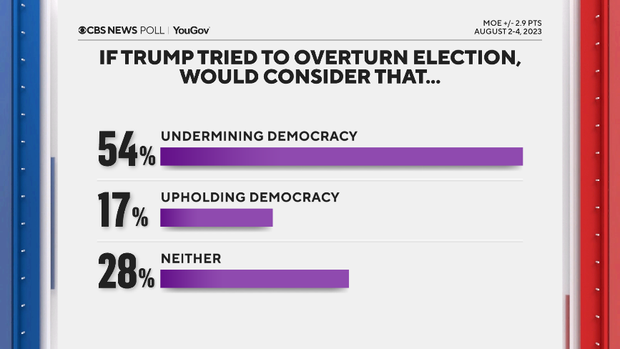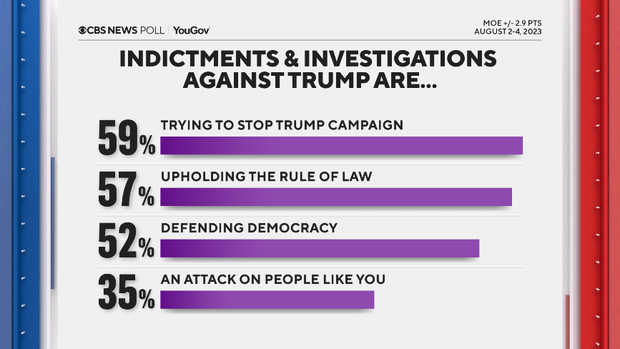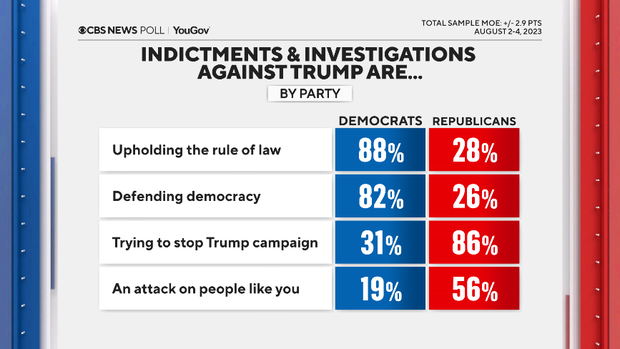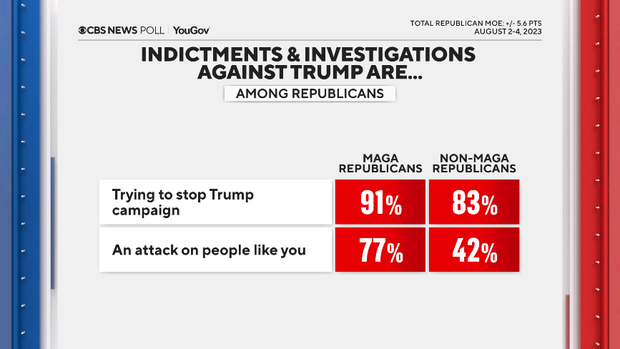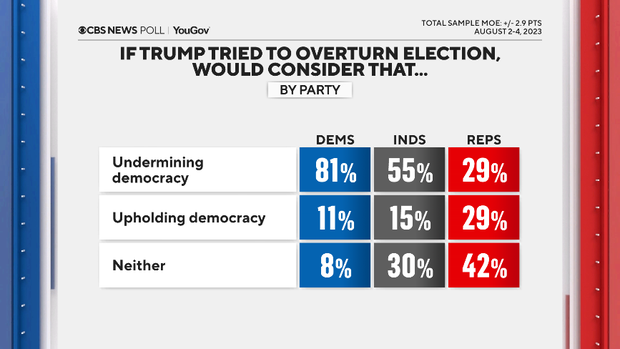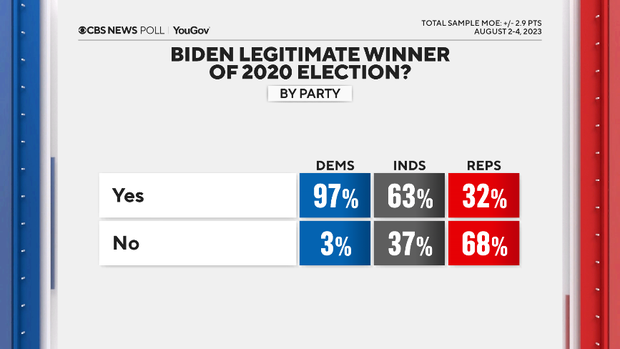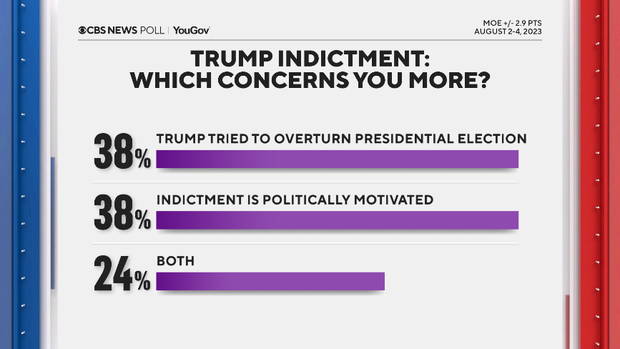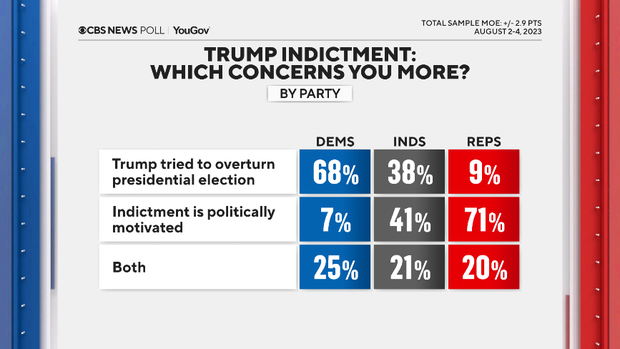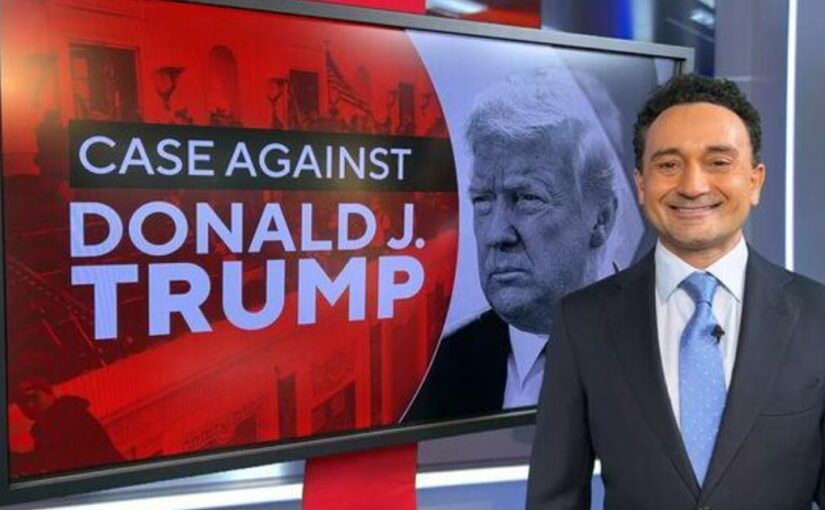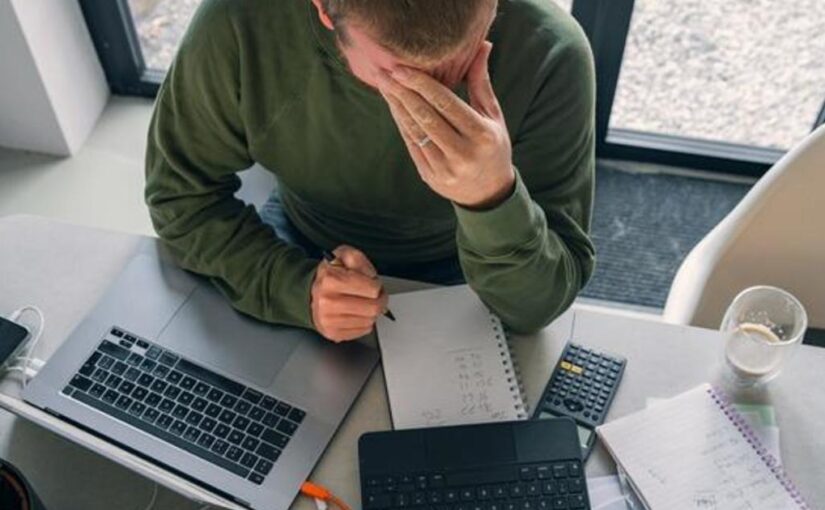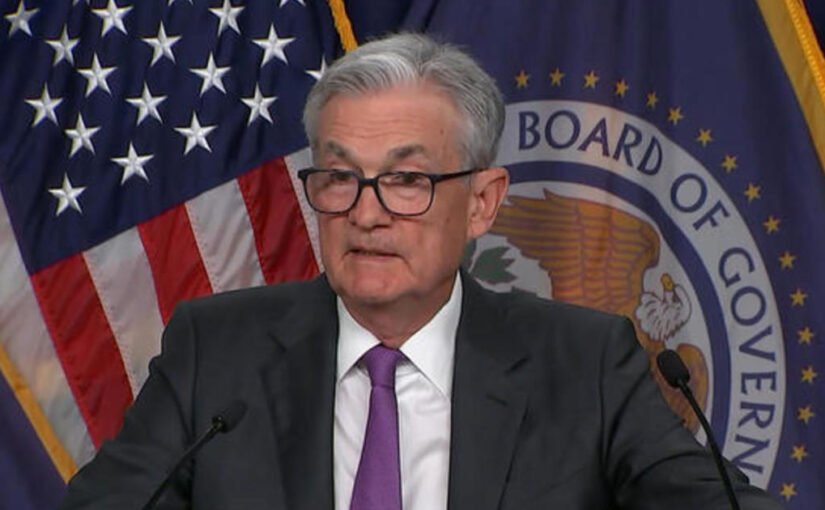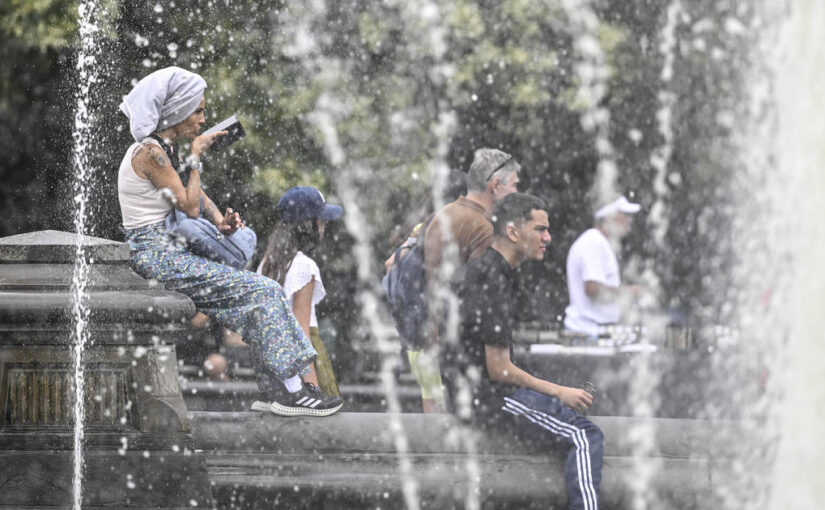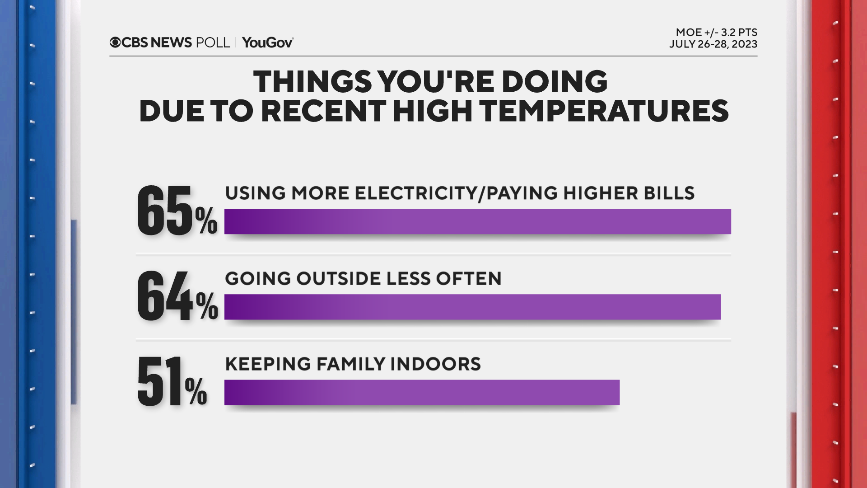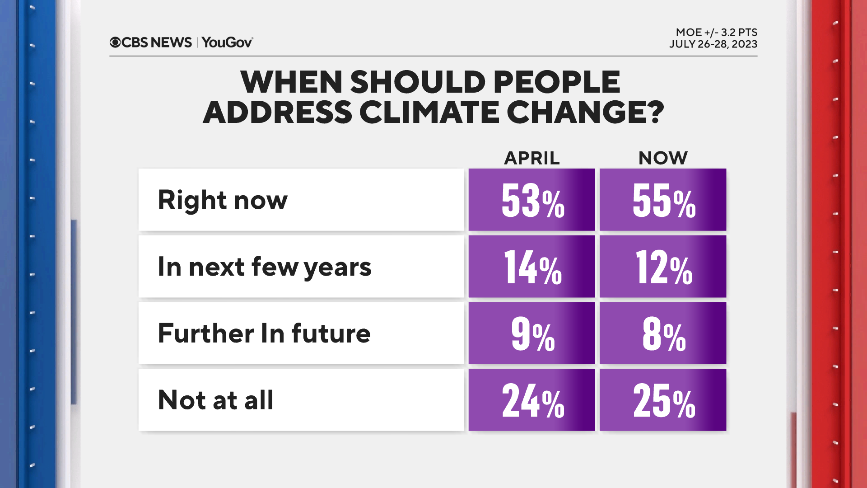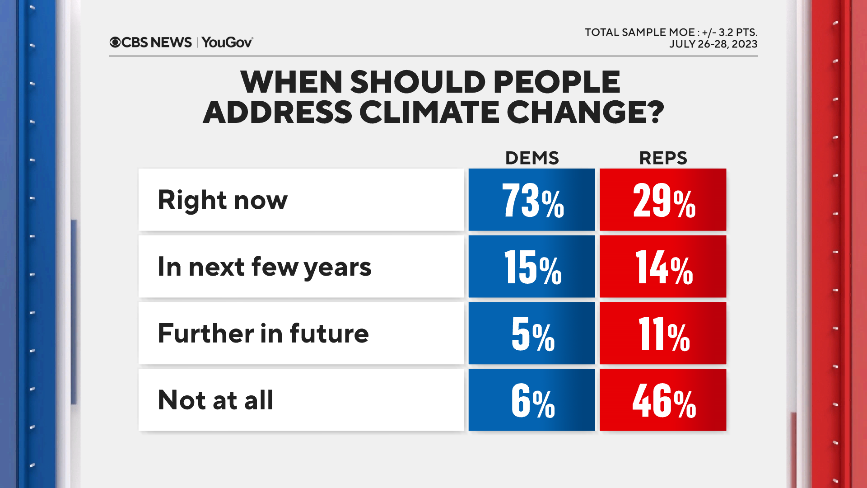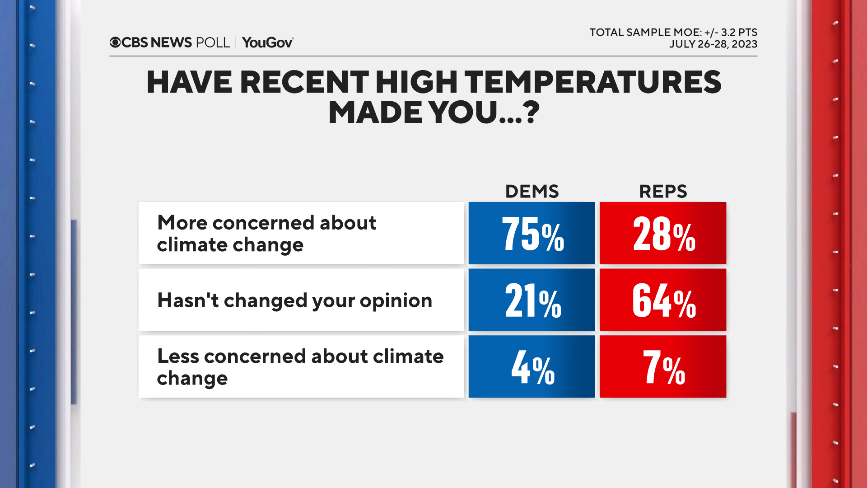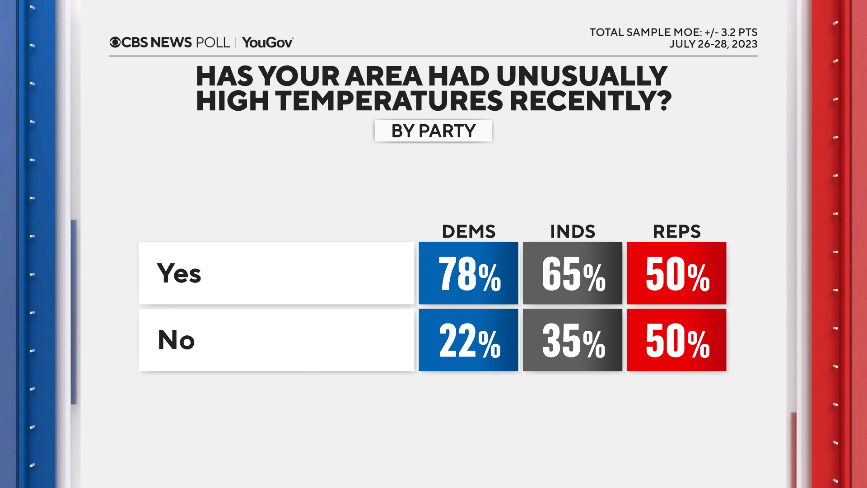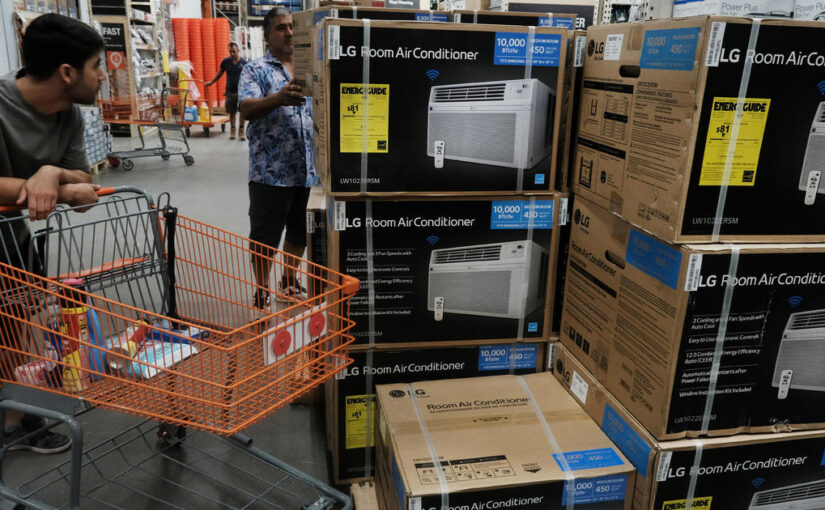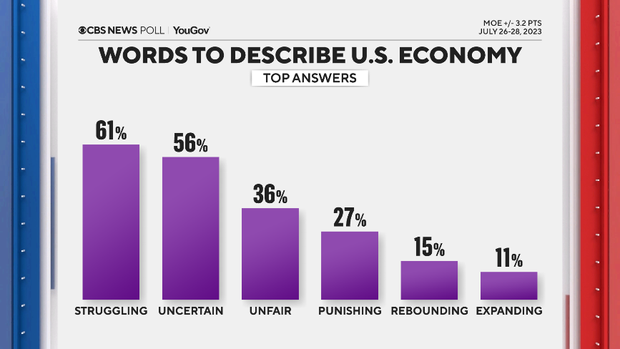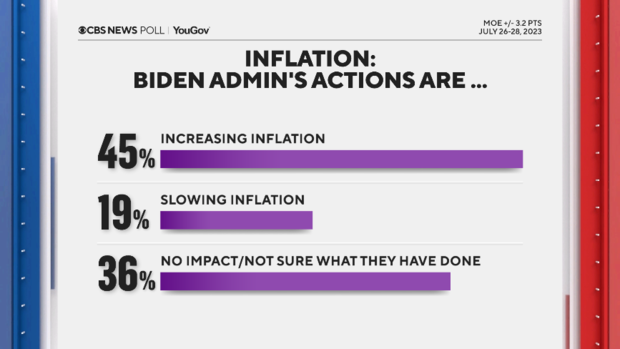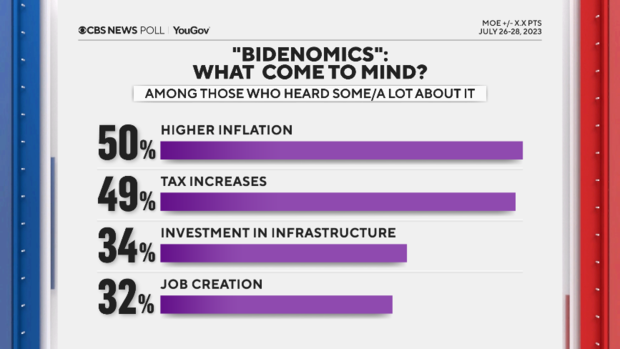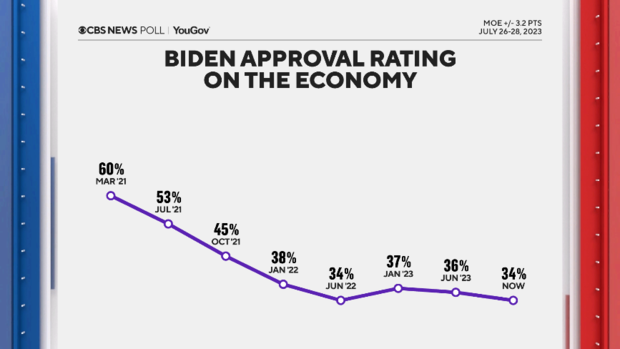‘Moving the needle’
But despite this growing clash between the two governments, some feel the United States has done too little to press its ally to change course in Gaza.
Sheline, who first shared her account with The Washington Post, was recruited to join the State Department as a foreign affairs officer in the bureau of Democracy, Human Rights and Labor as part of an Arabic language fellowship connected to her PhD program — and she quit last week just halfway into her two-year contract.
Sheline said that U.S. policy toward Israel had made her job “almost impossible,” whether it was members of civil society simply not wanting to engage with U.S. officials over the country’s backing of Israel or fearing that engagement with the U.S. government would put them at greater risk.
Sheline said she tried to raise her concerns internally, signing onto dissent cables and speaking with her supervisors, as well as in open forums, but to no avail.
“I personally was not expecting to shape policy but it became clear that even moving the needle in a tiny way from the inside just wasn’t going to work,” she said.
State Department Spokesperson Matt Miller has acknowledged a diversity of internal views on the war in Gaza, but he said that while Blinken welcomes employees to “speak up and challenge his thinking,” that doesn’t mean it will lead to a shift in U.S. policy.
Miller told reporters Wednesday that was ultimately up to Biden and senior leaders in his administration.
Sheline is the second State Department official to public resign citing U.S. policy toward Israel since the war began nearly six months ago after Hamas’ Oct. 7 attacks, in which Israeli officials say 1,200 people were killed and around 260 others were taken hostage, with more than 100 still held captive in Gaza.
In October, veteran State Department official Josh Paul left his post with the agency’s Bureau of Political-Military Affairs after more than a decade, citing the “blind support” of the U.S. for Israel.
Sheline’s decision to follow suit came as a Gallup poll released Wednesday found that growing numbers of Americans now oppose Israel’s military action in Gaza, an apparent shift in U.S. views.
The poll, conducted between March 1 and 20, found that 55% of respondents said they disapprove of Israel’s actions in Gaza, compared with 45% who expressed disapproval in November.
The share of those in favor of Israel’s actions fell from 50% in November to 36% in March, while the percentage of those who said they had no stance rose from 4% to 9%.
The poll, which surveyed 1,016 adults living across all 50 U.S. states and the District of Columbia, had a margin of error of plus or minus 4 percentage points.
It was carried out before the U.N. Security Council on Monday passed its resolution calling for a cease-fire for the rest of the month of Ramadan, which ends April 9.
The U.S. allowed the resolution to pass, in a change of approach.
Sheline said she was concerned that upholding the rule of law had become a political consideration for the administration, which was elected in part on a promise to reestablish U.S. leadership on everything from human rights to international institutions to climate change.
“I continue to be horrified at the largely unconditional support and providing a steady stream of weapons to Israel is considered more important than all of these other extremely significant issues,” Sheline said.
Chantal Da Silva reported from Tel Aviv, and Abigail Williams from Washington.


